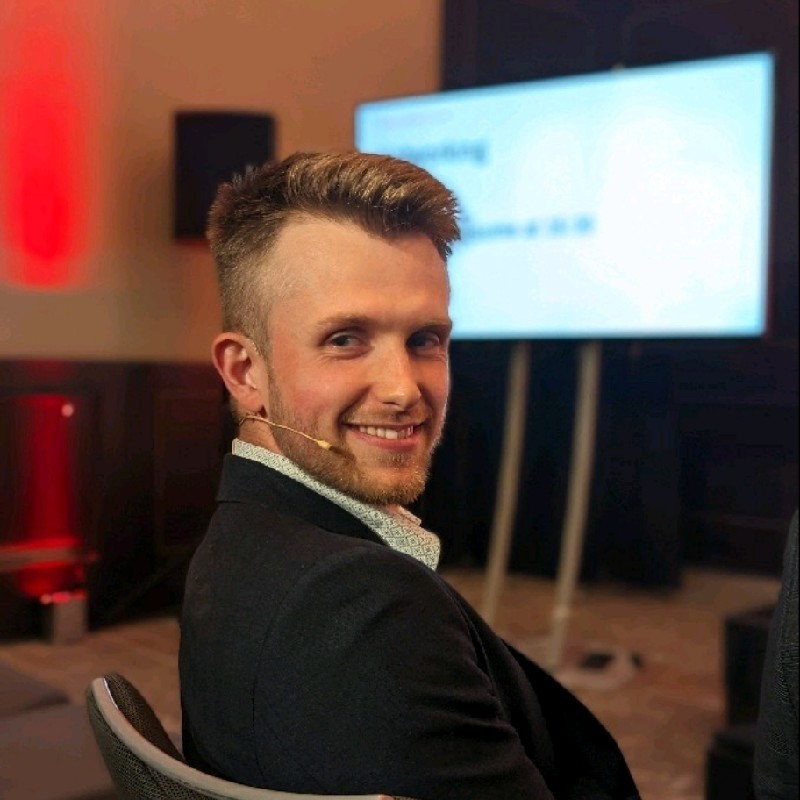260 reads
Making Games More Accessible With Accessibility Specialist Ian Hamilton
by
October 27th, 2021
Audio Presented by

Jack Boreham is a seasoned writer and journalist with a wealth of experience collaborating with global leaders.
About Author
Jack Boreham is a seasoned writer and journalist with a wealth of experience collaborating with global leaders.
